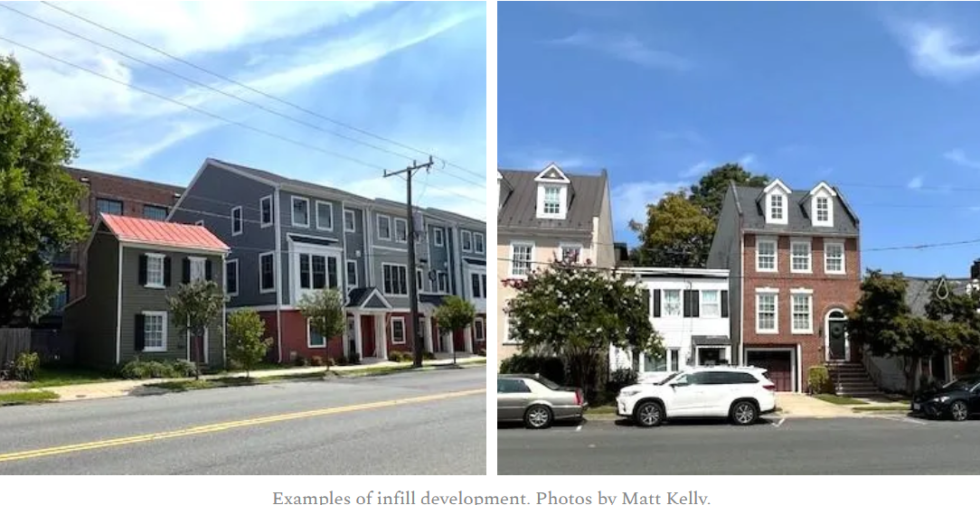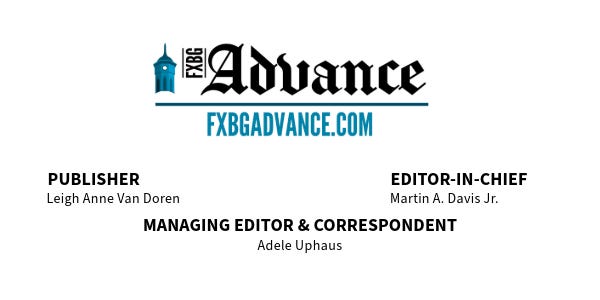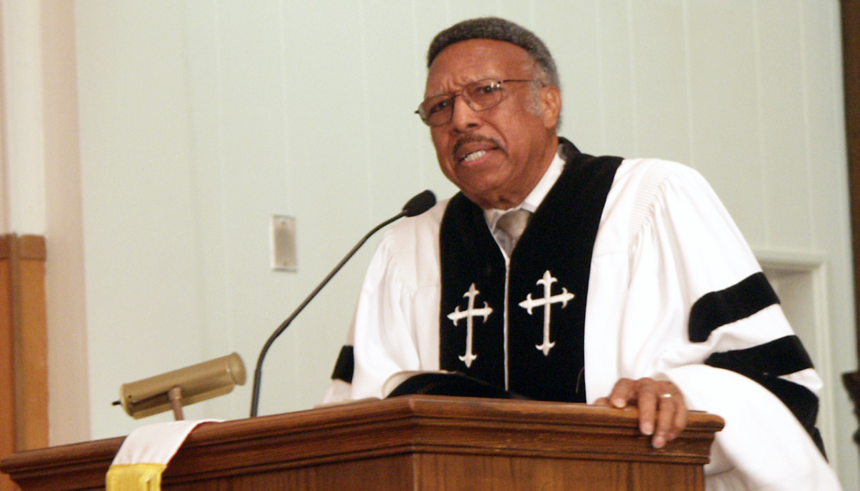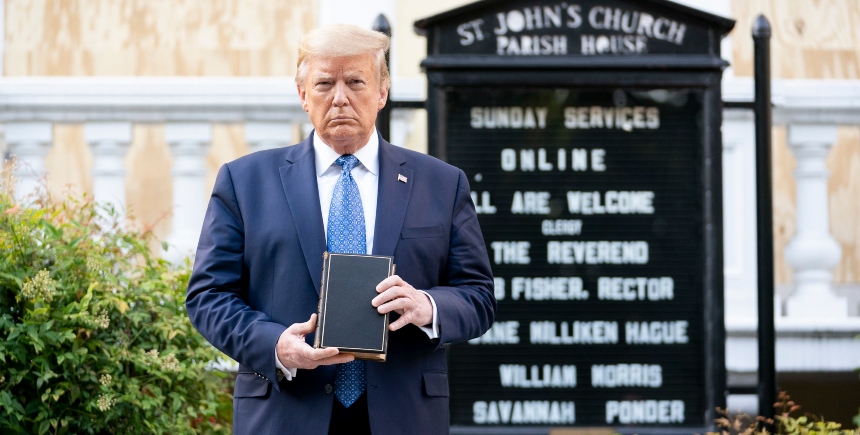
Debates over affordable housing have long been part of the public discussion. So why are we still struggling with solutions?
By Matt Kelly
GUEST COMMENTATOR
With another Regional Housing Summit coming in October and the city reviewing housing goals as part of a Comprehensive Plan update, let’s take a look at what has been done for housing affordability in the city. Let’s also review what other options have been identified and whether they are being implemented.
Housing affordability is not a new issue. In the city’s 1970 Comprehensive Plan it noted, “a lack of available low-cost housing in sound condition.” The report went on to state that this deficiency, “will be magnified in the years to come because of rising building costs unless some governmental action is initiated.” Fifty plus years later and housing affordability is still an issue.
In the early 1980s the city Housing Policy Commission advised the City Council of concerns regarding the impact of demolition of smaller homes for larger infill housing that would result in the gentrification of the city. The recent Planning Commission presentation on infill development has validated that concern, yet the City Council sees this development trend as a solution to housing affordability. The “just more housing” approach.
Subscribed
The city’s Comprehensive Plan highlights two programs that deal with housing affordability—The Elderly Tax Credit Program and the Community Development Block Grant Program (CDBG). Both programs provide some needed assistance, but are they having a significant impact?
The Elderly Tax Credit program provides tax relief to those 65 and older who meet an income criterion—no more than $60,000 in income and $300,000 in assets, excluding the home.
While keeping people in their homes, it does not increase available affordable housing in the city and is limited to older residents. The total amount of relief provided this year was only $138,424.86. Looking at other jurisdictions’ programs, the city could increase the amount of tax relief provided.
The CDBG program funding is provided by HUD to make emergency home repairs, remove architectural barriers, and offer some housing purchase assistance. There has been a yearly increase of $5,000, or roughly 2%, which is not keeping up with the rate of inflation.
While the available funds are well spent, the amount of funding is not having an impact on housing affordability. Last year’s budget was only $201,420. The city notes that 300 to 400 residents are assisted per year. That is an average of just $600 each. The program could offer a much greater benefit.
The city has the option to apply to HUD for a significantly larger grant. That would require additional planning and bringing on partners like Central Virginia Housing. And organizations like HFFI, with the goal of preserving existing older housing which would contribute to maintaining the city’s unique character.
This grant option has been brought forward in the past, but the response has always been — “maybe next year.” The city does not want to have to compete for additional funding, which would risk losing the small amount that is guaranteed. However, it is hard to justify the diminishing return of the current program over the growing issue of affordability.
The only other city effort to address housing affordability was with the approval of the Hamptons at Noble project in 2016, which included 100 apartment units funded with VA Housing Authority tax credits. Rents ranged from $1,100 to $1,500. Today they are between $1,525 and $1,975. Housing stock is an issue, there are more significant ones to be addressed.
So, what should be done to deal with housing affordability? The answers have been discussed for decades. Most recently in 2008 with the George Washington Regional Commission’s Affordable Housing Taskforce report and the update completed in 2021. In the 2021 report an Implementation Index with 42 proposed actions are ranked—short-term, mid-term and long-term.
The reports confirmed that there are multiple issues beyond just more housing and density. Those issues include understanding the impact of being part of the National Capital Region, land cost and availability, building costs, and impact of governmental regulation. Overcoming ALL these obstacles must involve a regional approach. The city does not have the resources to become the affordable housing hub for the region. The recommendations involve tax breaks, fee reductions, zoning changes, and building stronger partnerships with the real estate/building industry and affordable housing groups.
The recommendations in these reports have been brought forward to the City Council on a number of occasions with a request to begin a community dialogue on how far the city should go in implementing them. While there was agreement that such a conversation needed to occur, it has never happened.
With the city currently updating its Comprehensive Plan this is time to look at setting realistic goals for dealing with housing affordability and building community support. Current efforts are both misdirected and inadequate.
On the regional front it is hoped the upcoming Regional Housing summit will not again rehash the discussions of the past. The perception of doing something may be good politics. Arriving at a consensus on solutions and implementing them is good governance. There is always hope that things can change.




Local Obituaries
To view local obituaries or to send a note to family and loved ones, please visit our website at the link that follows.

Support Award-winning, Locally Focused Journalism

The FXBG Advance cuts through the talking points to deliver both incisive and informative news about the issues, people, and organizations that daily affect your life. And we do it in a multi-partisan format that has no equal in this region. Over the past month, our reporting was:
$8 a month supports great journalism
- First to report on a Spotsylvania School teacher arrested for bringing drugs onto campus.
- First to report on new facility fees leveled by MWHC on patient bills.
- First to detail controversial traffic numbers submitted by Stafford staff on the Buc-ee’s project
- Provided extensive coverage of the cellphone bans that are sweeping local school districts.
- And so much more, like Clay Jones, Drew Gallagher, Hank Silverberg, and more.
For just $8 a month, you can help support top-flight journalism that puts people over policies.
Your contributions 100% support our journalists.
Help us as we continue to grow!
Support FXBG Advance for $8 a month







